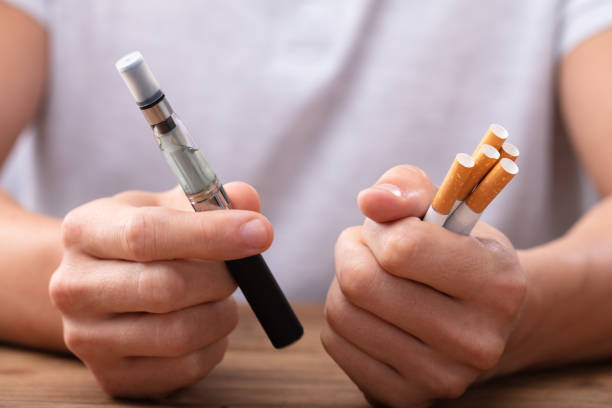Introduction:
Cigarettes, the widely consumed tobacco products, have been subject to scrutiny for their detrimental health effects. While it is common knowledge that smoking cigarettes poses serious health risks, many smokers and non-smokers alike may wonder about the shelf life of these products. Do cigarettes expire? Can they go bad over time? In this article, we will delve into the topic to shed light on the longevity of cigarettes and provide a comprehensive understanding of their expiration and storage considerations.
Understanding The Components Of Cigarettes:
Before exploring the expiration of cigarettes, it’s essential to understand their composition. Cigarettes typically consist of dried tobacco leaves wrapped in a paper tube, with a filter at one end. Additionally, various additives, such as flavorings, preservatives, and humectants, are often incorporated during the manufacturing process. These components can influence the shelf life of cigarettes.
Do Cigarettes Have An Expiration Date?
Contrary to many consumable products, cigarettes do not have an official expiration date. However, this does not mean that they last indefinitely. The absence of an expiration date is primarily due to the fact that cigarettes have a relatively long shelf life when stored under proper conditions.
Factors Affecting The Shelf Life Of Cigarettes:
Several factors can influence the longevity of cigarettes:
a) Moisture: Exposure to moisture can significantly impact the quality and shelf life of cigarettes. High humidity levels can cause the tobacco to become damp, leading to mold growth and an unpleasant smoking experience.
b) Light: Ultraviolet (UV) light can deteriorate the quality of tobacco. Prolonged exposure to sunlight or other sources of UV light can alter the taste, aroma, and potency of cigarettes.
c) Temperature: Extreme temperatures, both high and low, can affect the quality of cigarettes. Heat can dry out the tobacco, making it harsher to smoke, while cold temperatures can cause condensation, affecting the flavor and texture.
d) Air Exposure: Cigarettes can absorb odors and flavors from their environment. Storing them in an airtight container can help maintain their original taste and aroma.
Shelf Life Of Cigarettes:
On average, unopened cigarette packs can retain their quality for approximately one year under optimal storage conditions. However, it is crucial to note that the taste and overall smoking experience may degrade over time, even before reaching the one-year mark.
Storage Recommendations:
To maximize the shelf life and quality of cigarettes, consider the following storage recommendations:
a) Avoid exposure to moisture: Keep cigarettes in a dry environment to prevent mold growth and preserve their integrity.
b) Shield from light: Store cigarettes in a dark place to protect them from UV light, which can degrade the tobacco.
c) Optimal temperature: Maintain a moderate temperature range, ideally between 60°F and 70°F (15°C to 21°C), to preserve the taste and aroma of cigarettes.
d) Airtight container: Store cigarettes in a sealed container to prevent exposure to air, which can affect their flavor.
Conclusion:
While cigarettes do not have an official expiration date, they do have a limited shelf life. Proper storage, away from moisture, light, and extreme temperatures, is crucial to maintain the quality and smoking experience. Smokers should aim to consume cigarettes within one year of purchase to enjoy them at their best. However, it is essential to remember that smoking cigarettes poses significant health risks, and quitting or seeking healthier alternatives is always the best choice.
FAQs:
1. Can expired cigarettes be harmful to smoke?
While expired cigarettes may not pose an immediate health risk, their quality and taste may significantly degrade over time. Smoking expired cigarettes may

